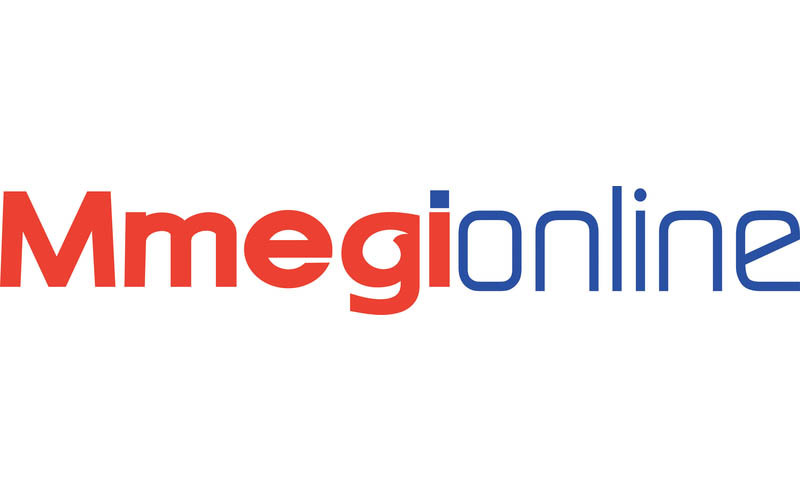World Press Freedom Day, observed annually on May 3, is a moment to reaffirm the fundamental principles of press freedom, to reflect on the state of media freedom around the globe, to defend the media from threats to its independence, and to honour the memory of journalists who have paid the ultimate price in pursuit of truth.
This year’s World Press Freedom Day was commemorated last Saturday. Here in Botswana, this year’s commemoration is particularly significant. It marks the first World Press Freedom Day under the new administration. Most of us are in a spirit of cautious optimism — hopeful that this government will take meaningful steps to strengthen the foundations of press freedom and transparency. Our optimism isn't without reason. Many of those in leadership today stood with us in years past, shoulder to shoulder, in advocating for greater media freedom.
That shared history gives us hope. But it also gives us cause to remind this administration — respectfully but firmly — of its responsibility to uphold the values it once championed. We are encouraged by early signs of engagement with the media, particularly efforts aimed at fostering mutual trust between government and the press. This relationship isn't just about us — it is ultimately about the people’s right to information, which must remain paramount in any democratic society. However, it would be remiss of us not to raise a concern that has caused growing unease within the media fraternity. It relates to the manner in which the President has, on occasion, used public platforms to criticise the media. Whilst we commend his willingness to meet the press — a welcome departure from past practice — we believe that such forums should not be used to undermine journalists or their work. More troubling still is the recent trend of labelling critical news coverage as 'Fake News', especially when such labels are emblazoned across the front pages of newspapers on official social media channels. Such actions aren't only unbecoming of the highest office in the land; they risk dragging the presidency into an undignified exchange with the media — an outcome that serves neither the institution of the presidency nor the public interest. It is our sincere hope that we can move beyond these tensions.
The media and the state aren't adversaries. At our best, we are partners in the service of the public good. Beyond the principles we celebrate, World Press Freedom Day also compels us to confront the real and growing challenges facing the media industry — challenges that, if left unaddressed, threaten the survival of journalism as a profession and its role as a pillar of democracy. Across Botswana, media houses — especially private ones — are in crisis. Advertising revenues have plummeted, circulation numbers are declining, and many media outlets are struggling just to stay afloat. This economic squeeze has led to retrenchments, delayed salaries, and in some cases, the complete shutdown of newsrooms. Talented journalists are leaving the profession in search of more stable livelihoods, and those who remain often work under immense pressure, with little job security and meagre compensation. Even as workers commemorated Labour Day just under a week ago, the reality is that journalists in Botswana are amongst the lowest-paid professionals in the formal economy.
Many work long hours in difficult conditions, without medical cover, without pensions, and with little or no support for their mental health and safety — despite the crucial role they play in keeping society informed and accountable.








